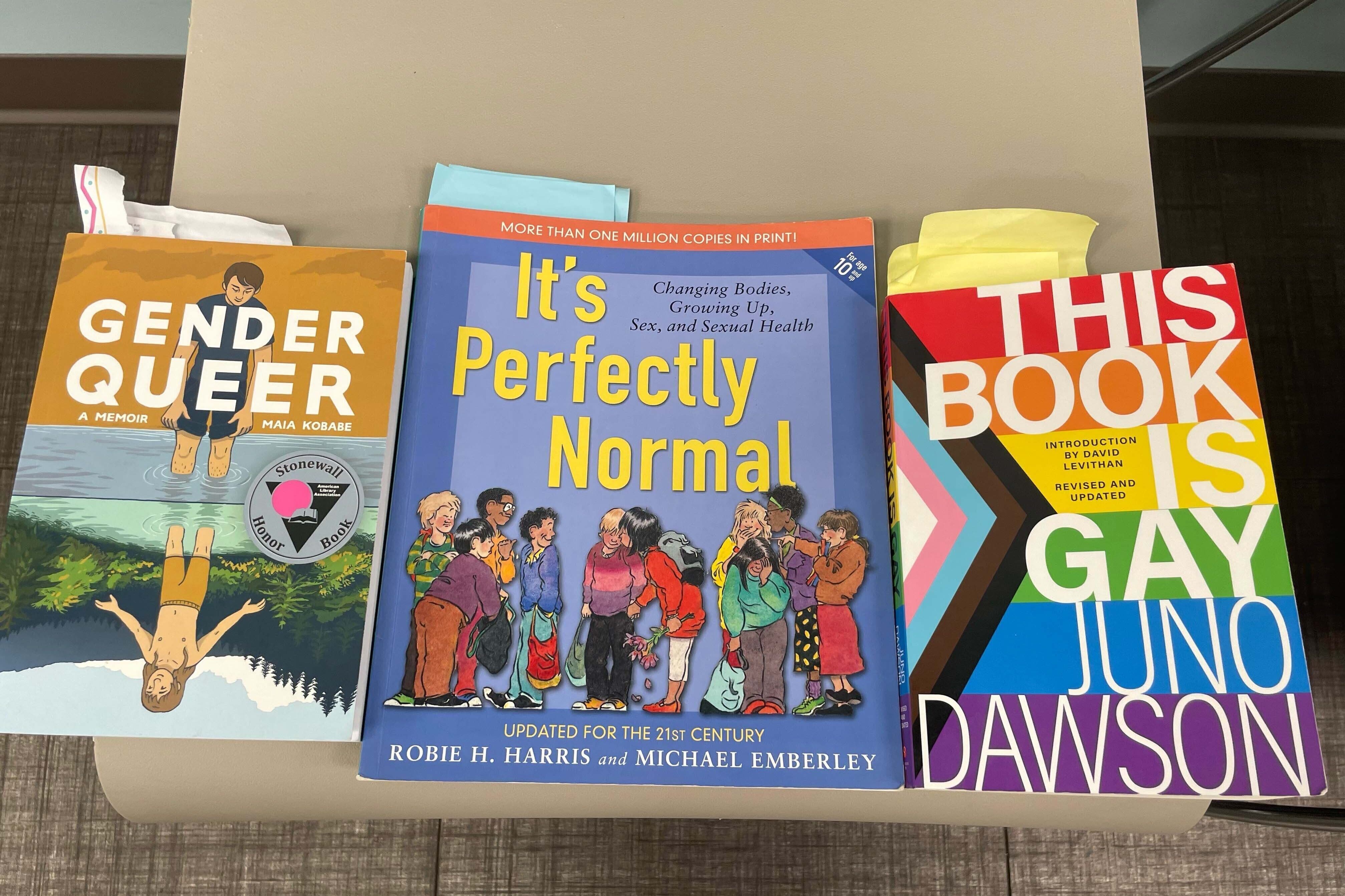Despite administrative rule changes in Alabama libraries regulating the purchasing and placement of sexually explicit material, many lawmakers still have their sights set on library reform in the 2025 legislative session.
For the past year, state leaders have focused on a statewide controversy surrounding public libraries and the material found in them. Residents across the state have taken to library boards, city councils, county commissions, state boards and state lawmakers to address the preponderance of sexually explicit and LGBTQ-promoting books intended for minors in local libraries.
Advocates on both sides of the debate, those who believe the books should be available for children and those who think the books are inappropriate and should, at a bare minimum, be relocated to another section, came out in full force during the 2024 legislative session. Some legislators told 1819 News that they only got involved in the controversy after local boards and the Alabama Public Library System (APLS) failed to act adequately.
Several legislators filed sundry bills to reign in local libraries, preventing them from either procuring or placing sexually explicit books in children’s sections. Other bills attempted to change how local library boards are appointed and removed.
Despite having broad support from Republican members in both legislative bodies, the highly-publicized gambling legislation led to the slew of library bills dying by the end of the session.
Since the session concluded, APLS passed a series of administrative rule changes at the request of Gov. Kay Ivey, laying out criteria libraries must meet to receive state funding, with most changes involving placement and selection policies to avoid directly placing sexually explicit books in the children's section.
Despite the APLS rule changes, lawmakers have already re-filed the failed 2024 bills to be taken up in the 2025 legislative session, and lawmakers have told 1819 News that more are coming.
Senate Bill 6 by State Sen. Chris Elliott (R-Josephine) would establish that local library board members serve at the pleasure of their appointing authorities, like city councils or county commissions, and can be removed by a two-thirds vote.
The most substantial bill comes from State Rep. Arnold Mooney (R-Indian Springs), which would repeal the state’s current law exempting public and school libraries from obscenity laws.
Current law states, "It shall be unlawful for any person to knowingly distribute, possess with intent to distribute, or offer or agree to distribute any obscene material or any device designed or marketed as useful primarily for the stimulation of human genital organs for anything of pecuniary (monetary) value. Material not otherwise obscene may be obscene under this section if the distribution of the material, the offer to do so, or the possession with the intent to do so is a commercial exploitation of erotica solely for the sake of prurient appeal."
The state's obscenity laws do not apply to public libraries, public school libraries, college libraries, university libraries or their employees.
House Bill 4 (HB4) would provide that criminal obscenity laws do not apply to college or university libraries or their employees or agents but do apply to public libraries and public school libraries.
The bill would also add the following definition in the state’s existing code on “sexual conduct”:
“In K-12 public schools or public libraries where minors are expected and known to be present without parental presence or consent, any sexual or gender-oriented conduct, presentation, or activity that knowingly exposes a minor to a person who is dressed in sexually revealing, exaggerated, or provocative clothing or costumes, who is stripping, or who is engaged in lewd or lascivious dancing.”
The bill’s criminal penalties would only apply in cases where a librarian or school employee fails to address a valid complaint from a parent or resident within 15 business days.
For public and school libraries, a resident or parent may submit a form via certified mail when they believe a library book violates the bill’s provisions. In the case of a K-12 school, the letter must be sent to a local school superintendent and principal. For a public library, the letter must be sent to the library director and a library board member.
The school or public library must do one of the following within the 15-day limit:
Move material identified in the notice that violates this division to an age-restricted area of the library.
Remove material in the notice that violates this division from the library.
Cease conduct in the notice that violates this division.
Make an official determination that the material or conduct does not violate this division and take no further action.
The appropriate authority must also send a letter detailing the action taken to the parent or resident who filed the complaint.
If a parent or resident has not received notice within 25 business days of submitting a complaint, they may take any documentation to the applicable law enforcement agency in that municipality or county.
A court or grand jury may only issue a warrant or indictment for a violation after a law enforcement agency has received the documentation required by the bill.
The bill already has several prominent co-sponsors, including House Speaker Nathaniel Ledbetter (R-Rainsville) and House Majority Leader Scott Stadthagen (R-Hartselle).
Another bill is rumored to forbid the APLS or any local library from associating with or using the materials of the American Library Association (ALA) or its state affiliate, the Alabama Library Association (ALLA).
Both the ALA and the ALLA have injected themselves into the state’s controversy by supporting the inclusion of sexually explicit or obscene children’s books and opposing all measures to remove them.
To connect with the author of this story or to comment, email craig.monger@1819news.com.
Don't miss out! Subscribe to our newsletter and get our top stories every weekday morning.










